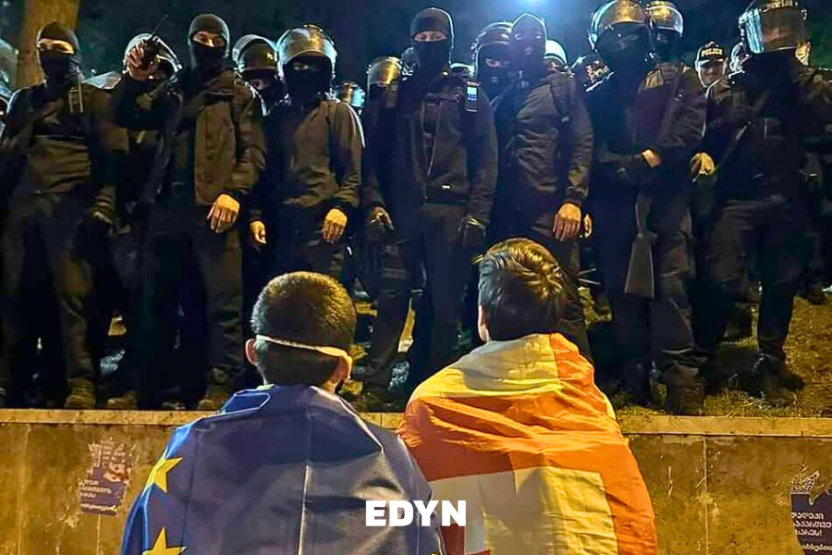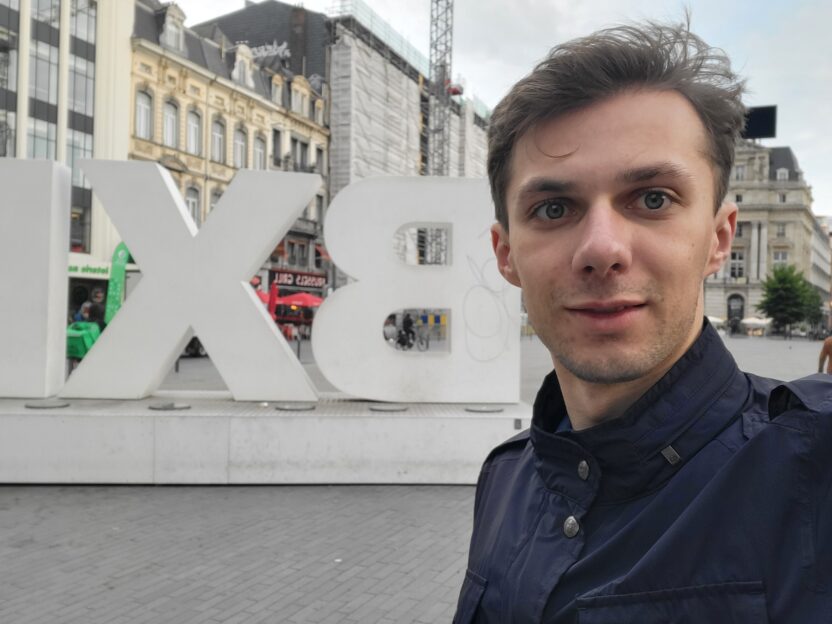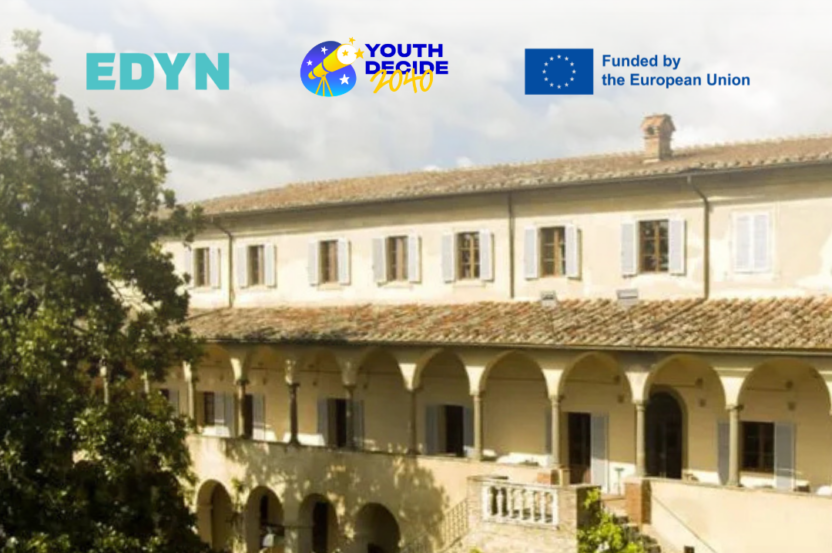This article was originally published on The Diplomatic Courier.
As NATO members gather to discuss the future of NATO and Europe’s security architecture, they must develop concrete steps for how to achieve improved security and stability. Including Ukraine in these conversations with the aim of eventually incorporating Ukraine into NATO will be one key to success. A second area—more truly focused on the future—is fostering active cooperation with young people in all NATO countries, and their allies, to best be prepared for future challenges.
NATO’s Vilnius Summit is an opportunity to fully integrate Ukraine into the transatlantic community. Ukraine’s inclusion in NATO would strengthen the alliance significantly, serving as a dependable stronghold for NATO’s eastern flank and thus a permanent deterrent against Russian aggression. Ukrainian membership to NATO would also have economic benefits for Ukraine specifically and Europe more widely. The success of industries investing in Ukraine’s reconstruction is intrinsically tied to upholding and safeguarding the NATO framework, particularly in the face of formidable challenges to regional security and stability.
NATO’s Future Lies With its Young People
Ukrainian NATO membership is only one aspect of securing NATO’s future. Leveraging the power of youth across the transatlantic community will be critical to improving NATO’s security and stability in the coming decades. If NATO wants to fully benefit from bringing Ukraine into the fold, it must recognize the invaluable contributions of Ukraine’s youth in shaping new security structures. By involving young people in security discussions and initiatives, NATO can tap into their diverse experiences, digital literacy, and social awareness. This fosters a sense of ownership and a long-term commitment to shared security goals. Youth’s involvement in security extends beyond military capabilities. By nurturing relationships and understanding among young people from different NATO member states, as well as aspiring members, like Ukraine, the alliance builds trust, bridges gaps, and promotes a sense of unity.
NATO is already doing this with programs such as the Youth Summit and NATO 2030 Young Leaders, incorporating youth perspectives into high-level summits and giving young experts a sense of dedication to collective defense and regional cooperation. Yet NATO can do more by creating new initiatives where youth act as alliance ambassadors to their respective broader publics.
The new generation in Eastern Europe, particularly in Ukraine, is capable of partnering on equitable terms and willing to collaborate with Western states in security discussions and developing frameworks. One example of youth working across borders toward shared democratic values is the European Democracy Youth Network (EDYN), which was formed in 2019 and today includes almost 700 members from 23 European countries in the Western Balkans, Eastern Europe, and Central Europe. They drive the pro-European Union movement in Georgia, shape youth policy in North Macedonia, advocate for dialogue instead of polarization in Albania, and risk their lives defending their freedom against Russia.
As Ukraine partners start to develop recovery and support plans at multistakeholder conferences—Lugano, Paris, and London—it is understandable that defense, and critical infrastructure sectors are prioritized. These are immediate concerns, but we must also recognize that Ukraine’s youth also need immediate investment and involvement in this transformation. The time is now for this rebuild to leverage the strength, intelligence, and diversity of youth for cooperation and security across the transatlantic community.
Reconstruction means modernization and reform for key parts of Ukraine’s economic and societal institutions, to leave behind its post-Soviet legacy and move toward full-fledged democracy. Empowering our youth will accelerate this modernization. The government is setting up the Ukrainian Youth Foundation with a specific youth program. Its priorities include: development of youth infrastructure; increasing youth participation in society and politics; supporting youth entrepreneurship; tackling war-caused trauma; integration of youth from de-occupied territories; integration of youth veterans; and the cooperation with European youth. These priorities lie within principles of the United Nations Security Council agenda on Youth, Peace, and Security, which is still rarely positioned as a serious domain, despite the first resolution being adopted almost 10 years ago. National governments, politicians, parties, and international organizations need to invest resources and efforts into the implementation of these internationally crafted priorities and, in particular, into the institutional development of youth-led organizations. Youth’s active involvement in decision-making processes, policy development, and technological advancements will empower them to actively contribute to Ukraine’s security and the broader NATO framework.
Ukraine’s full-fledged membership in NATO and the active involvement and empowerment of youth are essential for the future of the transatlantic community’s security and stability. Kyiv’s membership would enhance security, deter aggression, and promote stability in the region. It would also contribute to Ukraine’s reconstruction efforts and attract international investment. The engagement of youth in security discussions and initiatives strengthens the sense of ownership and commitment to shared security goals in NATO. To be capable partners, the Ukrainian youth sector needs support – investing in their development will accelerate the country’s social and economic progress, empowering them to actively contribute to the country’s security and the broader NATO framework. Embracing the strategic role of Ukraine and its vibrant youth will strengthen the transatlantic Alliance and ensures a more resilient future for the entire community.



